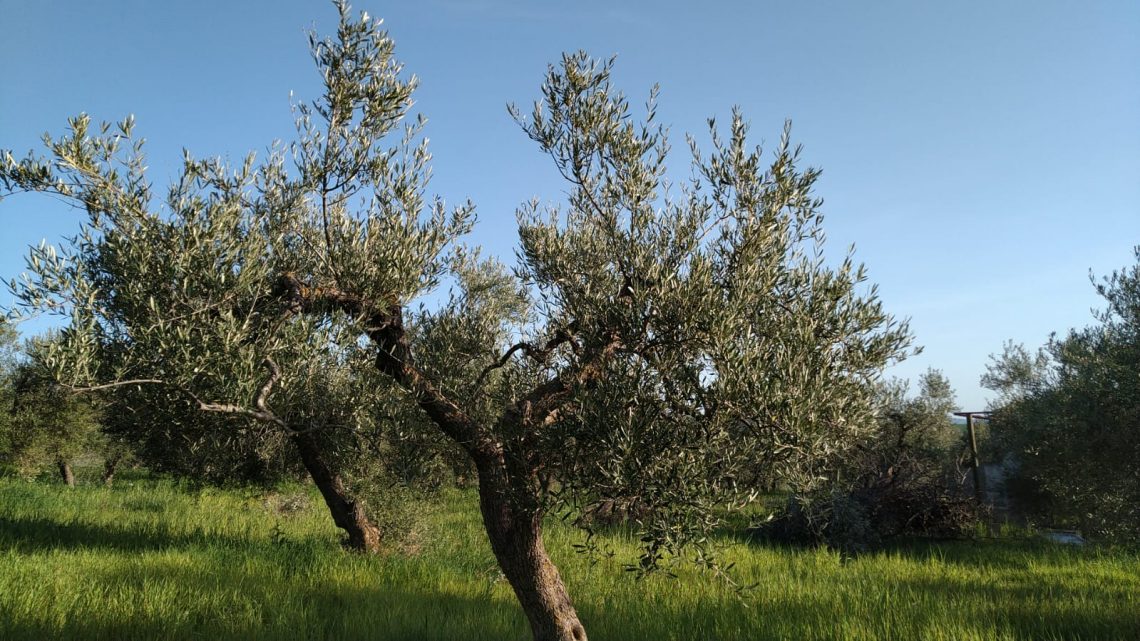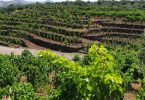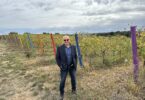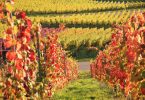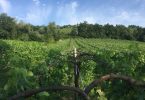The Wolf Post, supported by a Cultural Association, offers a professional service with free access, without subscription.
For this reason, a donation would also be a sign of appreciation for our work.
Once upon a time, the farmer’s experience was the only “science” that agriculture could rely on. The farmer had a preparation that was the fruit of field work, with all the associated limitations, despite good will.
The industrial era has changed the agri-food sector and the entire production chain. Consumer safety is guaranteed by a series of regulations that every company must follow before placing the product on the market.
The expert on the subject is the food technologist, a professional figure who certifies the safety and quality of products. He is not a bureaucrat but a scientist whose competence is fundamental for the success of any food.
Little known to the public, the profession of food technologist is in demand especially in countries such as Italy which have always invested in the safety and quality of food products.
Marco Montemurro is a young food technologist, agronomist, with an important experience in the sector behind him. Let’s find out more about the importance of this professional figure from Marco’s words.
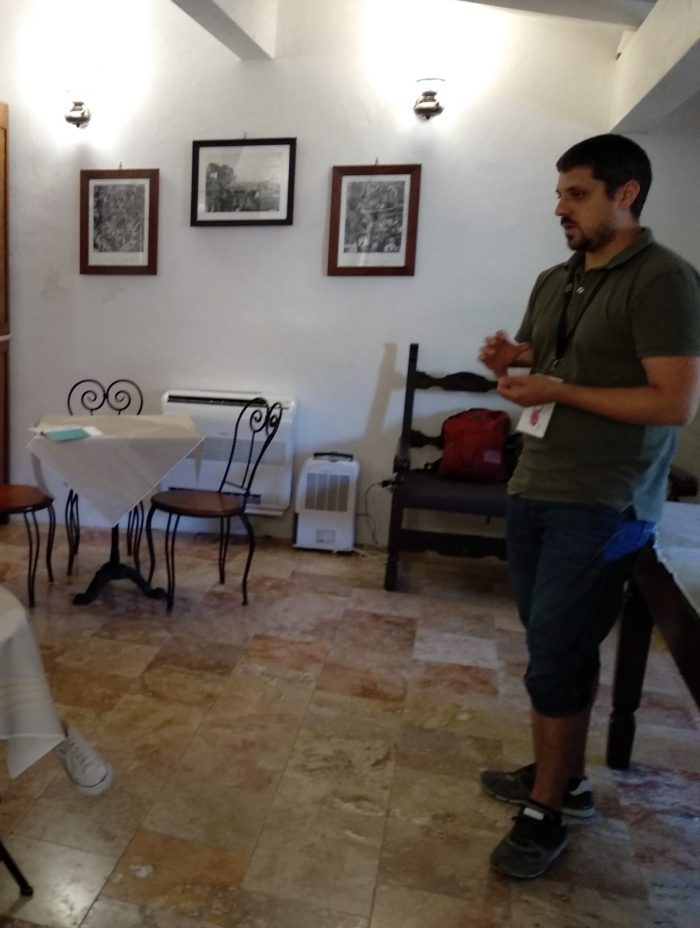
©Marco Montemurro
Can you briefly describe your training path to get to work as a technologist?
Despite being from Bari, my studies were unusual. In fact, after earning my bachelor’s degree in Cesena (branch of the University of Bologna) I returned home after a brief experience in catering (my passion since I was a child). Just in Bari, while I was continuing my University studies with the Master’s Degree, I began to put into practice the knowledge acquired, thanks to the support of my family, transforming the olive grove inherited from my father and managed, up to that moment, as a pure pastime, in a real farm, with quality certifications, own labels and a constant look at innovation. My professional life is, in fact, characterized by a continuous desire to learn.
After graduation I participated in a Master in hotel management thanks to which I had the opportunity to enter as a trainee in an international company (Club Med) and put into practice the knowledge of a food technologist thanks to the role of assistant to the Food and Beverage Manager and warehouse manager. Later, I was the winner of a scholarship funded by the Ferrero Foundation for the Ferrero Master with part of teaching at the University of Turin and internship at the Ferrero headquarters in Alba. At the end of the course it was not yet time to go home. I was the winner of a scholarship at the Department of Mechanical, Energy and Management Engineering of the University of Calabria by completing a postgraduate course as an innovation technician in the food sector. Innovation that often starts at Universities and Research Centers, which is why I continued to attend the University first as a contractor and now as a PhD student when I returned to Bari. In recent years I have also participated in several short one or two week specialization courses (Technician and Inspector in organic agriculture and ISO 9001 just to name a few).
From a regulatory point of view, to be a Food Technologist you must have a Master’s Degree and pass the Habilitation Exam but, in reality, as I believe you can understand from the description of my training experiences, after the Degree a new world opens up where, in order to respond to the work problems that arise, training is essential.
How has your profession evolved in recent years?
I believe that the chance of attending different universities has played a fundamental role in my professional development. In this way, my training was complemented by different information and experiences. The food sector is indeed vast, including very different supply chains and sectors of knowledge (agronomy, chemistry, mathematics, physics, biology and microbiology just to name a few). Often each University is specialized and has its strong points in some of these sectors. Therefore, traveling and attending different courses has allowed me to improve my skills a lot. Also, I have always tried to take the best that could be found from the web. At first, they were sites of associations and science communicators, now there are real online degree courses made by prestigious universities. Therefore, I gradually gained more confidence, also because I was lucky enough to be supported by people with great experience who still guide and accompany me in my professional growth. My main activity for me today is research but I am very happy to have had many experiences also in companies, continuing even today in the management of my family’s activities.
As an agronomist, in your experience, what prospects are there for an increasingly sustainable agriculture?
My experience as an agronomist began when, following an organic farming course, I was called to collaborate with a Certification Body. For this, the direct answer that comes to me is organic farming. In fact, sustainability in the field can be achieved by trying to limit the entry of raw materials from the outside and thus adopting good agronomic practices. Among these, crop rotations for arable crops, or suitable pruning techniques for tree crops are the main examples. In addition, shallow soil tillage and any fertilization with organic fertilizers help maintain soil fertility while localized phytosanitary treatments carried out only in case of ascertained need allow both savings for farmers and obtaining a healthy product under all. the points of view. Processing companies are also increasingly looking for innovative solutions to close the circle, enhancing waste and making them by-products. Therefore, including new processes that allow a complete use of raw materials within the supply chain with a view to achieving circular economies.
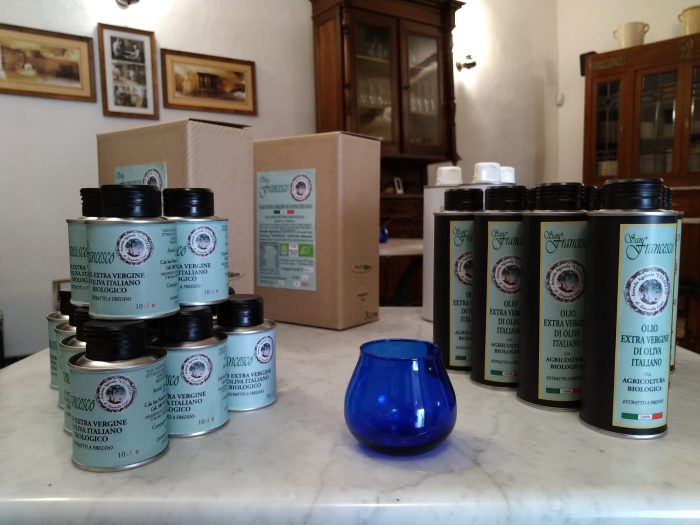
©Marco Montemurro
The food technologist is at the service of the company and to protect the consumer. Does it seem like a contradiction of terms or is it really possible to safeguard everyone’s interests?
It is possible and it is everyone’s obligation. Companies have a vested interest in providing safe food. Over the last few years, in fact, the figure of the Food Technologist has found great application at industrial levels to guarantee the production of foods which, once put on the market, necessarily had to be safe for the consumer. Furthermore, with the passage of time the consumer is increasingly informed and, therefore, many companies are pushing their production towards foods with high added value. Starting from the base, that is a safe food, each food product tries to satisfy the customer segment for which it was created. Therefore, there will always be low-cost basic products which will also be accompanied by products with high nutritional and functional value, perhaps with a higher price range. If a company markets a product that does not respect the fundamental principle of food safety (understood as health and hygiene requirements), it has only to lose. Think of the image damage received, for example, by the “blue mozzarella”. Furthermore, it is precisely according to this principle that the Legislator has charged all the responsibilities, production and self-control, on the producer.
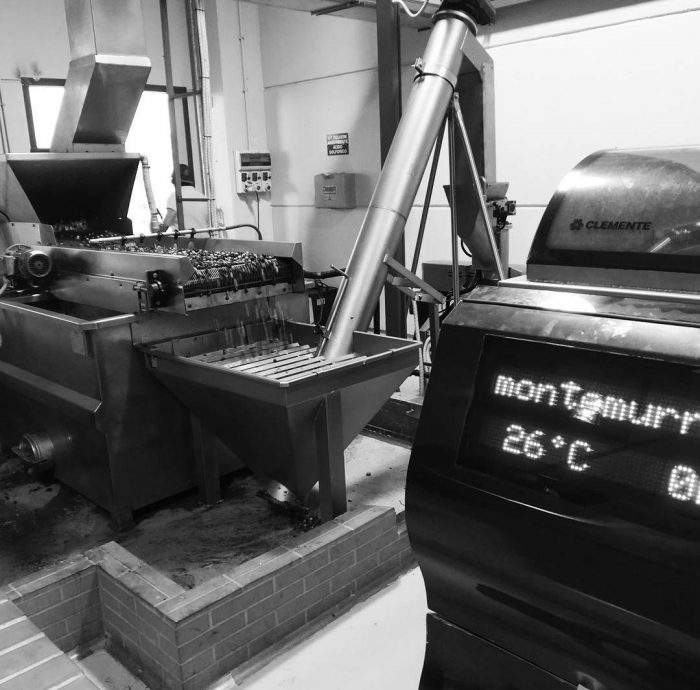
©Marco Montemurro
You are also a small olive producer. How useful is your professional figure in the oil sector?
I think it was fundamental. In the oil sector we are witnessing a rapid evolution. As previously mentioned, the consumer is increasingly informed and therefore looking for quality products. It is precisely towards the achievement of quality productions that professionals with experience, both in the primary production part and in the transformation, are finding new possibilities. At the level of family production we have transformed all the processes since we started! This is thanks to the study, research, comparison and the desire to try new techniques.
You have also dealt with sensory analysis in the conferences you were a guest at. Can you explain what it is about and how important it is for the consumer to choose a product also through this parameter?
Sensory analysis is a passion born with a course as a wine taster. Later, I also moved on to other foods which mainly include oil and baked goods. Sensory analysis is a technique that allows trained people to evaluate the characteristics and quality of products through their senses. The key part is therefore training. In fact, our senses are often satisfied by the hedonistic satisfaction of the food. On the contrary, the knowledge of the main characteristics of a product category and the ability to recognize them during tasting is essential to be able to evaluate them. An example concerns the bitterness and spiciness of the oil which is often not appreciated by an inexperienced consumer while it is sought after by a trained consumer. Another example is the acid perception of a leavened baked product which, if not excessive, enhances even more a traditional production with natural yeast.
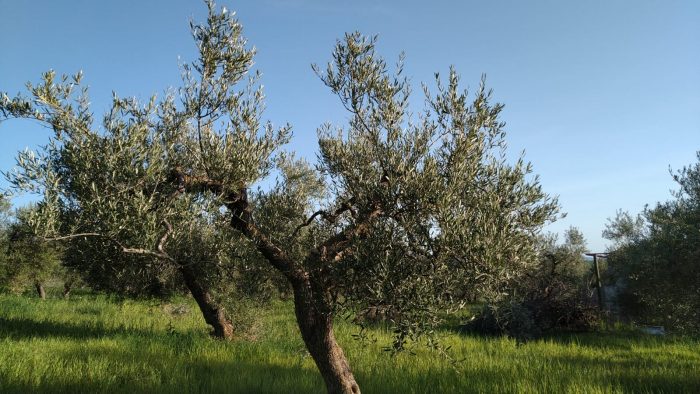
©Marco Montemurro
What basic tips can you give consumers to choose sustainable and healthier foods as possible?
Probably, I may seem monotonous, but I believe curiosity and training are the main means that today’s consumers must have. The web provides a lot of information and, therefore, it is good to be able to find authoritative sources where to learn the characteristics of food. Furthermore, certifications (bio, dop, igp, etc.) are a means that the producer has to communicate certain qualities of their products. Added to these are the claims, nutritional information which, regulated by international bodies such as EFSA (European Food Safety Authority), can be found on the product label. And it is precisely the label that represents the main means of communication between product (and producer) and consumer. This is accompanied by sector guides and fairs where it is possible to discover producers and products.


